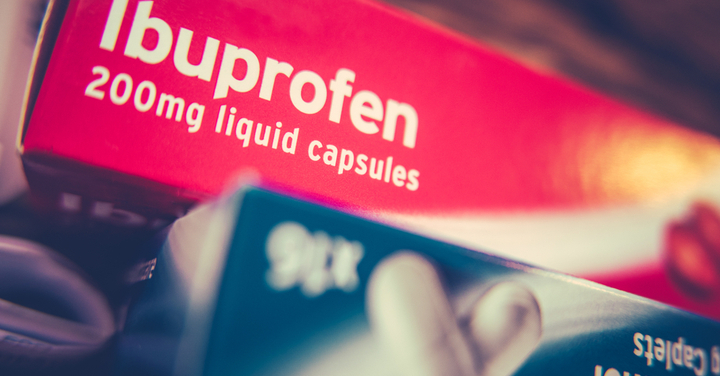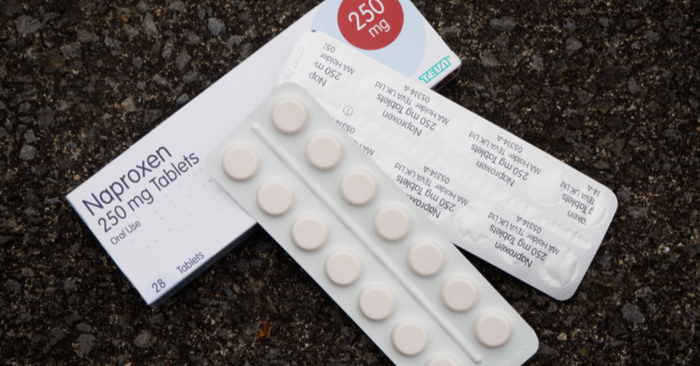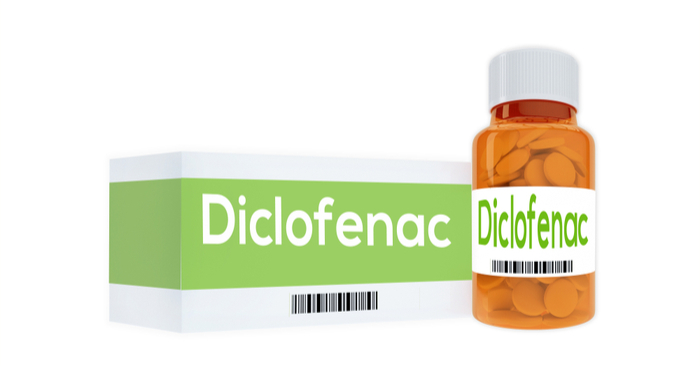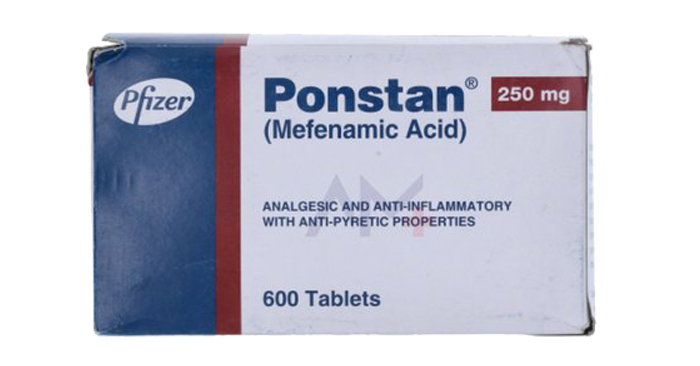Pain Relieving Medication (Analgesics)
There are a range of medications that are effective for relieving period pain.
Before you take any medications for period pain, it’s important that you talk with your doctor. Some medications may not be suitable for you and your doctor is the best person to advise you on which medicines to take. For more information read I’m worried things aren’t normal, what should I do?

A group of medicines called Non-Steroidal Anti-inflammatory Drugs or NSAIDs have been shown to help reduce period pain. These are sometimes just called ‘anti-inflammatories’. These have been shown to work better than paracetamol (e.g. Panadol) for period pain. But you might need to discuss with your doctor and try different types to find one that works best for you.
Sometimes taking a combination of paracetamol and ibuprofen is better at relieving period pain than NSAIDs alone.
Medication
Ibuprofen

Common Brand Name
- Advil
- Brufen
- Nurofen
- Rafen
Naproxen

Common Brand Name
- Inza
- Naprogesic
- Naprosyn
- Proxen
Diclofenac

Common Brand Name
- Clonac
- Fenac
- Voltaren
Mefenamic acid

Common Brand Name
- Ponstan
How Do These Medications Work?
A chemical called prostaglandin is released during a period, and causes symptoms of cramping and pain. NSAIDs stop the production of prostaglandin which makes them effective in reducing period pain.
Possible side effects:
NSAIDs cause side effects in about 10 per cent of users, such as stomach upset, indigestion, heartburn and stomach ulcers, high blood pressure, headaches, drowsiness, diarrhoea, and worsening of asthma. Some of these side effects can be serious, so it’s important to talk with your doctor before trying NSAIDs.
There is little difference in effectiveness and safety between different types of NSAIDs. You might find that one type works better for you.
NSAIDs have been shown to improve pain as well as help you do the things you normally do (such as go to school, play sport, or go to work) instead of having to stop them because of period pain.
When To Take Medication?
NSAIDs work best if taken before your period pain starts. Although many individuals wait until their pain gets severe, this may actually mean that NSAIDs don’t work as well. If you get pain every month, you can start taking medications either as soon as your period starts or as soon as the pain starts, even if it’s mild. It’s better to stop the pain while it’s mild rather than reduce it once it’s really bad!
Some people find that taking painkillers as soon as they are due for their period helps them keep their pain low. You should only need to take NSAIDs for two to three days after your period starts. If you have to take them for more than five days at a time, please speak with your doctor.
How Best To Take Medication?
-
Always follow the instructions and don’t take more than the recommended maximum daily dose.
It’s important:
- To take NSAIDs only with food, as taking them on an empty stomach may lead to stomach ulcers.
- That you don’t exceed the maximum daily dose of paracetamol as taking more than this can lead to very serious liver failure. There can be serious, even fatal side effects if the maximum daily does is exceeded.
Summary
- There are effective medicines to relieve period pain.
- Talk with your doctor before starting any medicine.
- Don’t wait until your pain gets worse – if you are going to take an NSAID it is best to do this early (before your period starts, or at the start of pain).
- Read the dosage instructions carefully and do not take more than the recommended daily dose.
